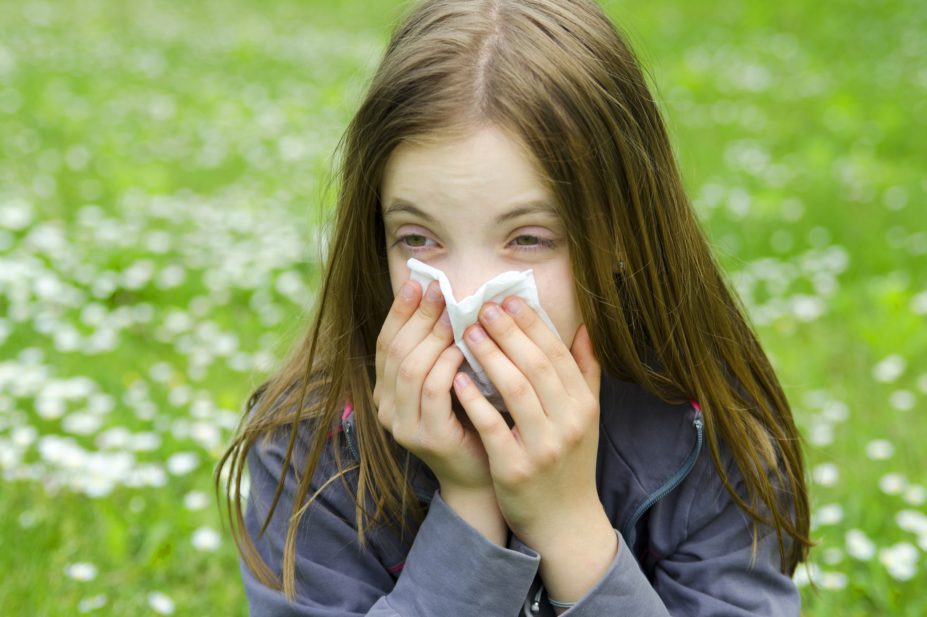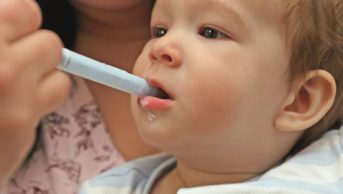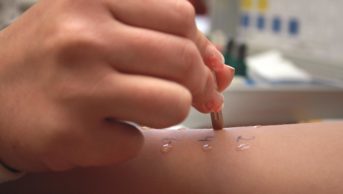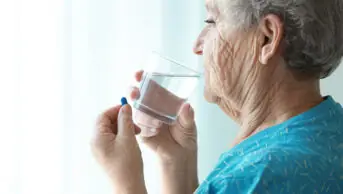
Shutterstock.com
Airborne pollen levels are set to reach a 12-year high, the Met Office has warned.
The so-called ‘pollen bomb’ brings with it an increased risk of hay fever, particularly across southern and eastern England and the Midlands where levels are predicted to be highest.
Grass pollen is prevalent from mid-May until July, and around 95% of people with hay fever react to grass pollen, meaning more people may approach pharmacists for advice on managing their symptoms.
NHS England recently approved guidance to reduce the number of prescriptions for mild-to-moderate hay fever on the grounds that the allergy is suitable for self-care using products purchased over-the-counter.
Rachel Potter, an Allergy UK-accredited pharmacist, said that hay fever had been particularly bad this year.
“For most people, allergy testing is unnnecessary as the symptoms arise at the same time every year, and usually can be put down to grass or trees”.
She said that her first choice for relief would be an antihistamine, started a couple of weeks prior to the predicted season for that person until a couple of weeks after that predicted season; however, she added that an effective treatment for one person may not work for another.
“I tend to start with loratadine, and if that doesn’t work, [I] go onto cetirizine and so on.”
“Even though the sufferer is taking their tablet every day, they may occasionally, on very high pollen count days, still experience some symptoms — I explain this to the patient as ‘histamine is continually competing with the drug for its receptors, and will win some’.
“On these days it would be useful to recommend a nasal spray, to be used as soon as the symptoms start, as this will work in both eyes and nasal symptoms.”
Potter advises hay fever sufferers to keep bedroom windows closed and to wash their bedding, towels and nightclothes at 60ºC, followed by tumble drying. She also recommends that long hair be tied back and the face be regularly washed to remove pollen traces.


